One of the most important things that homeowners need to consider when it comes to roofing is how well the roof can resist harsh weather. The strength and resilience of roofing materials can substantially impact a home’s structural integrity in various weather conditions, including intense heat, cold temperatures, strong winds, and heavy rainfall. Hybrid roofing systems have been popular in recent years to protect against the weather. They do this by combining the best features of several different roofing materials. This article will examine how hybrid roofing fared in severe weather and why it was a better option for homeowners seeking weather resistance and long-term durability.
Strength Against Heavy Rain and Storms
One of any roofing system’s biggest concerns is its ability to withstand intense rain and storms. Water infiltration in areas frequently hit by hurricanes or heavy downpours can result in leaks, structural damage, and the formation of mildew—the numerous layers and water-resistant components of hybrid roofing offer additional defense against such problems.
Many hybrid roofing systems have a layer of impermeability from metal, and synthetic materials like polymer or rubber create a flexible, waterproof barrier. These components work together to guarantee that hybrid roofing systems can successfully divert water away from the house during heavy downpours or extended periods of rain, avoiding leaks and water damage.
Resilience in High Winds
Elevated gusts of wind, particularly those connected to hurricanes, tornadoes, and intense storms, can seriously harm roofs. It is possible to tear off tiles and shingles, exposing the underlying structure to more weather damage. However, hybrid roofing systems are made to provide better protection against wind damage.
Strong winds are less likely to lift or damage hybrid roofs because of the firmly bonded, long-lasting surface created by the combination of materials used in the roof. While synthetic underlayment materials offer flexibility and allow the roof to expand and compress without compromising its function, metal components contribute to weight and structural integrity. These systems are dependable for regions vulnerable to hurricanes and windstorms because they are frequently tested and rated for high wind resistance.
Handling Temperature Extremes
In regions with frequent seasonal temperature variations, roofing materials must be resistant to thermal expansion and contraction. Certain roofing materials, including asphalt shingles, might eventually distort, split, or deteriorate due to extreme heat. However, freezing conditions raise the possibility of water infiltration and can cause ice dams to form.
Hybrid roofing systems are made to withstand these temperature extremes easily. Extreme heat and cold cannot harm metal components, but synthetic materials are flexible and do not warp or split. Furthermore, insulating layers found in many hybrid roofing systems aid in controlling inside temperature, increasing energy efficiency, and lessening the burden on heating and cooling systems.
UV Protection and Heat Resistance
UV rays can deteriorate roofing materials over time in areas with heavy sun exposure, making them brittle and less efficient. To prevent deterioration from prolonged sun exposure, hybrid roofing materials are sometimes coated with UV-resistant compounds. These coatings help keep the house colder and use less energy by reflecting some of the sun’s heat, in addition to protecting the roof.
Long-Term Durability and Low Maintenance
Two main benefits of hybrid roofing systems are their long-term durability and low maintenance needs. The systems’ mix of materials results in a roof that is more resilient to deterioration over time and damage caused by weather. In the long run, hybrid roofing systems save homeowners money and effort since they often require fewer repairs and replacements than standard roofing materials.
Final Thoughts
Hybrid roofing systems offer an incredibly resilient and weatherproof alternative for homes exposed to severe weather. Compared to conventional roofing solutions, these roofs provide better protection, longevity, and dependability because they combine the qualities of many materials. For homeowners wishing to protect their homes over time, they are an excellent investment due to their resilience to various environmental stresses. By installing hybrid roofing, homeowners can experience the peace of mind that comes with knowing their roof is made to withstand even the most extreme weather conditions.

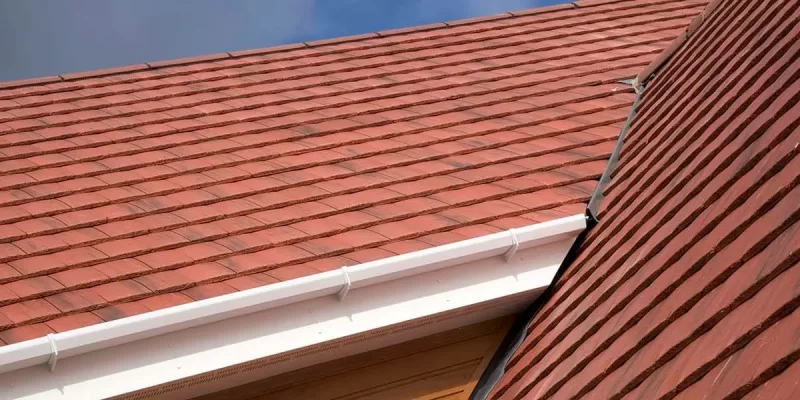

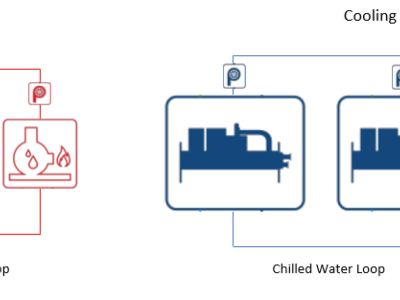
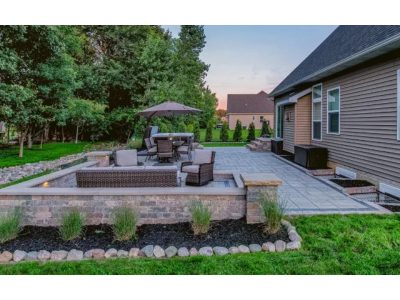


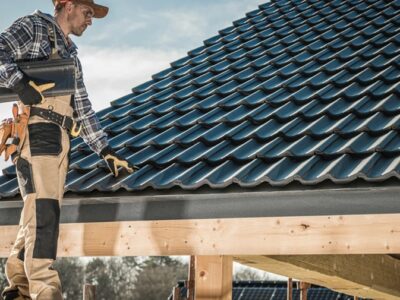


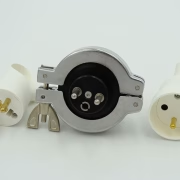
Comments